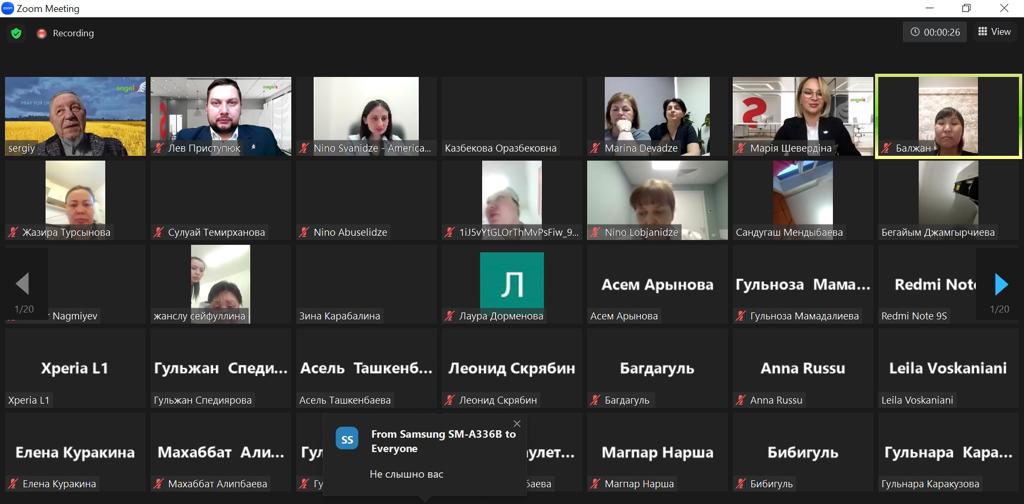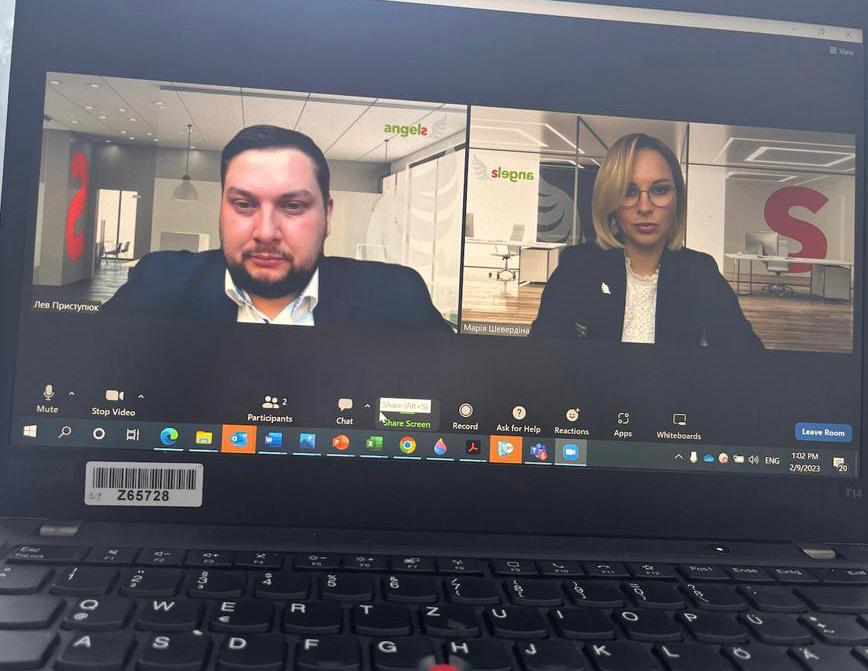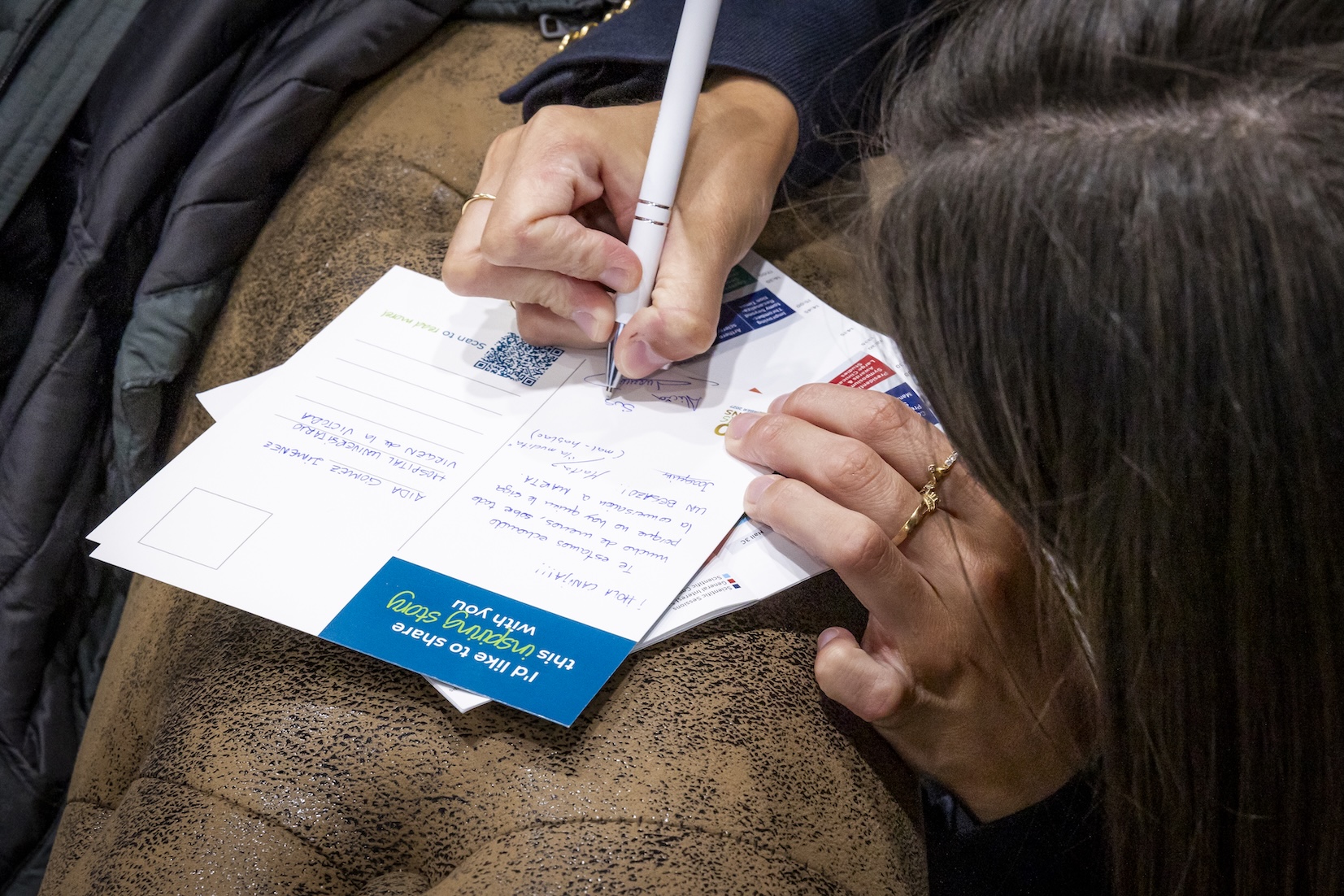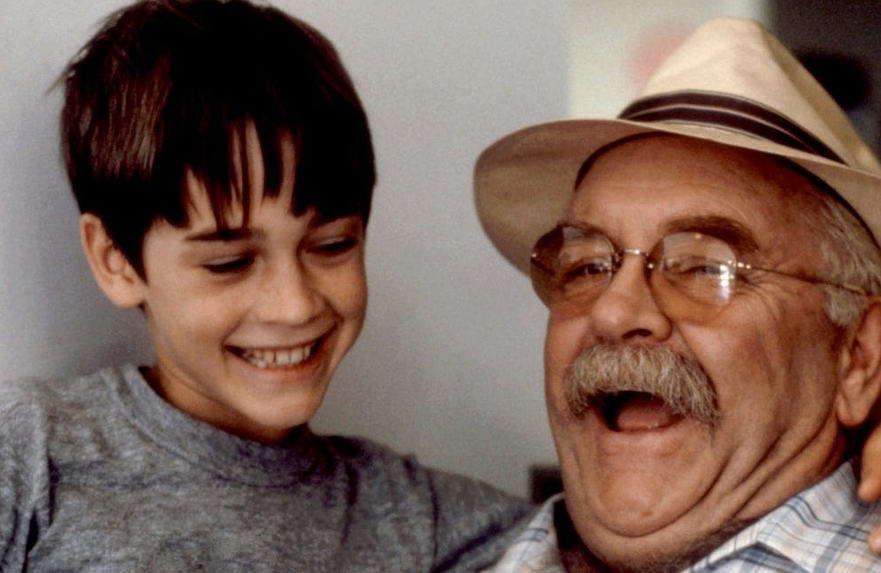
เป็นเวลา 14.00 น. ที่ยูเครนและมอลโดวา เมื่อศาสตราจารย์ Sergeii Moskovko และที่ปรึกษา Angels Maria Sheverdina และ Lev Prystupyuk ได้กล่าวเปิดสาขา Nursing for Stroke Care เสมือนจริง
มันเป็นเวลาน้ําชาแล้วในอาร์เมเนียและจอร์เจียและสิ้นสุดวันทํางานในอุซเบกิสถาน
ในคาซัคสถานและคีร์กีซสถาน ไกลออกไปทางตะวันออก ดวงอาทิตย์ได้ผ่านไปแล้วเมื่อเวลา 18.00 น. พยาบาลในสาธารณรัฐเอเชียกลางที่อยู่ใกล้ๆ เหล่านี้โทรเข้ามาประชุม Zoom ที่เริ่มเวิร์คช็อปฝึกอบรมเป็นเวลาสี่วันสําหรับพยาบาลโรคหลอดเลือดสมอง
ในวันพฤหัสบดีสี่วันติดต่อกันระหว่างวันที่ 9 กุมภาพันธ์ถึง 2 มีนาคม พวกเขาจะแบ่งปันห้องเรียนเสมือนจริงกับพยาบาลจากโรงพยาบาล 117 แห่งในหกประเทศ ได้รับคําแนะนําในหัวข้อต่าง ๆ ตั้งแต่การใส่โพรบและสายสวน โภชนาการ การวางตําแหน่งและระเบียบการ FeSS เพื่อลดผลกระทบทางจิตวิทยาของโรคหลอดเลือดสมองต่อผู้ป่วยและครอบครัว และต่อพยาบาลที่ดูแลพวกเขา
แม้ว่าคุณอาจไม่สามารถบอกได้จากท่าทางที่สงบเงียบของพวกเขา แต่ Lev และ Maria ที่ปรึกษา Angels ชาวยูเครน ซึ่งเป็นผู้จัดงานได้ใช้เวลาช่วงเช้าที่แสนวุ่นวาย ในช่วงสามสัปดาห์นับจากที่เปิดให้ลงทะเบียน พยาบาลประมาณ 500 คนได้ลงทะเบียนเข้ารับการฝึกอบรม ซึ่งตัวเลขเหล่านี้ถือว่าประสบความสําเร็จอย่างมาก แต่เมื่อตอนเช้าสวมใส่พวกเขาสังเกตเห็นว่ามีอะไรพิเศษเกิดขึ้น
Lev และ Maria ได้ดูหน้าจอของพวกเขาด้วยความประหลาดใจเมื่อจํานวนการลงทะเบียนเพิ่มขึ้นจาก 500 เป็น 600 ในพื้นที่ 10 นาที ในอีก 10 นาทีข้างหน้ามันทะยานขึ้นเป็น 700 สามสิบนาทีก่อนเริ่มเวิร์คช็อป พวกเขากําลังโทรแจ้งทีมสนับสนุนด้านเทคนิคและซึ่งกันและกันอย่างเร่งด่วน ขณะนี้พยาบาลเก้าร้อยคนได้ลงทะเบียนเข้าร่วมงานอีเวนต์แล้ว และจํานวนยังคงเพิ่มขึ้นเรื่อย ๆ
ภายในเวลา 14.00 น. พวกเขาทั้งหมดได้ออกอากาศการสัมมนาผ่านเว็บไปยังผู้เข้าร่วม 1,000 คน และโรงเรียนพยาบาลการดูแลผู้ป่วยโรคหลอดเลือดสมองได้เริ่มขึ้นบินแล้ว
Lev และ Maria กล่าวว่า พยาบาลมีบทบาทสําคัญในการรักษาโรคหลอดเลือดสมองทุกระยะ อันที่จริง การศึกษาวิจัยในปี 2016 เกี่ยวกับการรอดชีวิตจากโรคหลอดเลือดสมองโดยนักวิจัยที่มหาวิทยาลัยอเบอร์ดีนพบว่าจํานวนพยาบาลที่เหมาะสมที่สุดในการดูแลผู้ป่วยคือตัวทํานายการรอดชีวิตที่ดีที่สุด พยาบาลที่ผ่านการฝึกอบรมหนึ่งคน พยาบาล ต่อเตียง 10 เตียงสามารถลดการเสียชีวิตที่ 30 วันได้ถึง 28% และอัตราการเสียชีวิตที่หนึ่งปีได้ถึง 12%
ไม่ต้องสงสัยเลยว่าการจัดฝึกอบรมเฉพาะโรคหลอดเลือดสมองให้แก่พยาบาลจะช่วยช่วยชีวิตคน โดยเฉพาะหากพยาบาลที่ผ่านการฝึกอบรมเป็นแชมป์โรคหลอดเลือดสมองด้วยตนเองและแบ่งปันความรู้กับเพื่อนร่วมงาน ผลกระทบทวีคูณนี้ต่อคุณภาพและการรอดชีวิตของการดูแลผู้ป่วยโรคหลอดเลือดสมองทําให้เกิดข้อโต้แย้งที่ไม่อาจหลีกเลี่ยงได้สําหรับโครงการริเริ่มการฝึกอบรมทางไกล เช่น โครงการของทีม Angels ยูเครน ซึ่งในเดือนพฤศจิกายน 2022 ยังจัดสัมมนาผ่านเว็บให้กับพยาบาลชาวยูเครนกว่า 200 คน
เครื่องมือทางเทคโนโลยีสําหรับการแบ่งปันข้อมูลกับผู้ชมจากระยะไกลเข้ามาเป็นของตนเองในช่วงการระบาดใหญ่และกลายเป็นเครื่องมือที่ประเมินค่าไม่ได้ในช่วงสงคราม นอกจากนี้ Lev และ Maria สามารถไว้วางใจในการมีส่วนร่วมของผู้เชี่ยวชาญของปัจจัยผลักดันหลักในการปรับปรุงการดูแลผู้ป่วยโรคหลอดเลือดสมองในยูเครน รวมถึงศาสตราจารย์ Moskovko, Drs Dmytro และ Pavlo Lebedynets, 2023 จิตวิญญาณแห่งความเป็นเลิศที่แต่งตั้ง ดร. Mykhailo Tonchev ผู้เชี่ยวชาญด้านการดูแลสุขภาพต่อสู้ที่มีชื่อเสียง ดร. Yuri Vorokhta และ Olga Yarmak พยาบาลโรคหลอดเลือดสมองชั้นนํา
แต่เครื่องมือแบ่งปันข้อมูลบนอินเทอร์เน็ตก็ดีสําหรับการข้ามพรมแดนเช่นกัน ซึ่งเป็นที่มาของโรงเรียนพยาบาลออนไลน์ในเดือนกุมภาพันธ์ นี่เป็นโอกาสที่จะสร้างผลกระทบเชิงบวกต่อการดูแลผู้ป่วยโรคหลอดเลือดสมองในหกประเทศขึ้นไป หอกของที่ปรึกษา Angels ที่ถูกตัดตัวจากสงครามตามลําดับและอยู่ในความหนาของสงคราม และได้รับการสนับสนุนจากกลุ่มผู้เชี่ยวชาญโรคหลอดเลือดสมองชาวยูเครนที่มีใจกว้างกลุ่มเดียวกัน
ในช่วงเริ่มต้นของการวางแผน Lev และ Maria ได้แบ่งปันแนวคิดเวิร์คช็อปกับผู้ประสานงานโรคหลอดเลือดสมองระดับประเทศของประเทศที่เกี่ยวข้อง ซึ่งในทางกลับกันพวกเขาได้กระจายข่าวไปยังโรงพยาบาลที่พร้อมดูแลรักษาโรคหลอดเลือดสมองในปัจจุบันและในอนาคตในเขตการขายของตน เช่นเดียวกับการจัดเตรียมพยาบาลในโรงพยาบาลเหล่านี้ด้วยทักษะเฉพาะโรคหลอดเลือดสมอง เป้าหมายคือการเปลี่ยนการรับรู้บทบาทของพยาบาล ส่งเสริมให้พวกเขานําความรู้ใหม่ ๆ ไปใช้ในโรงพยาบาลของพวกเขา และอํานวยความสะดวกในการแบ่งปันประสบการณ์ระหว่างพยาบาลจากประเทศต่าง ๆ
ระดับการดูแลแตกต่างกันไปในแต่ละประเทศ Maria และ Lev กล่าว แต่ถึงแม้ว่ามาตรฐานการศึกษาทางการพยาบาลโดยทั่วไปจะต่ํา แต่ความสนใจในการได้มาซึ่งทักษะก็สูง ความอยากอาหารแบบเดียวกับการเรียนรู้ที่ส่งเลขทะเบียนล่วงหน้าก่อนกิจกรรม ยังแสดงให้เห็นตัวเองในช่วงเวลาถามคําถามที่จบเซสชันของแต่ละวัน
เวิร์คช็อปของแต่ละวันได้รับการวางแผนให้ใช้เวลา 2 ชั่วโมง แต่เนื่องจากผู้นําเสนอได้ถามคําถามจนหมดสิ้น ทุกคนจึงไม่สามารถติดตามเวลาได้ในไม่ช้า เมื่อแต่ละเซสชันได้รับบาดเจ็บ เป็นเวลาหลัง 18.00 น. ในยูเครนและมอลโดวา มุ่งหน้าไป 21.00 น. ในอาร์เมเนียและจอร์เจีย และใกล้ 22.00 น. ในอุซเบกิสถาน
และในคาซัคสถานและคีร์กีซสถาน ก็เป็นหนทางที่ผ่านพ้นช่วงเวลานอนสําหรับพยาบาลที่เพิ่งได้รับอํานาจใหม่ที่มีกะเช้า




